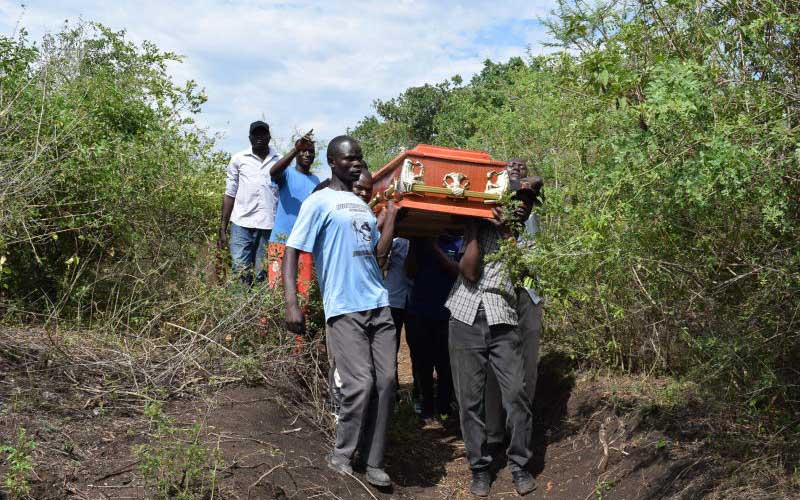×
The Standard e-Paper
Fearless, Trusted News

The Jubilee Government has often boasted of having tarmacked thousands of kilometres of roads countrywide. Universal healthcare is part of the Big Four agenda and access to clean water ranks high in the Jubilee Party manifesto.
But for some residents of Ndhiwa Constituency, these remain a pipe dream.